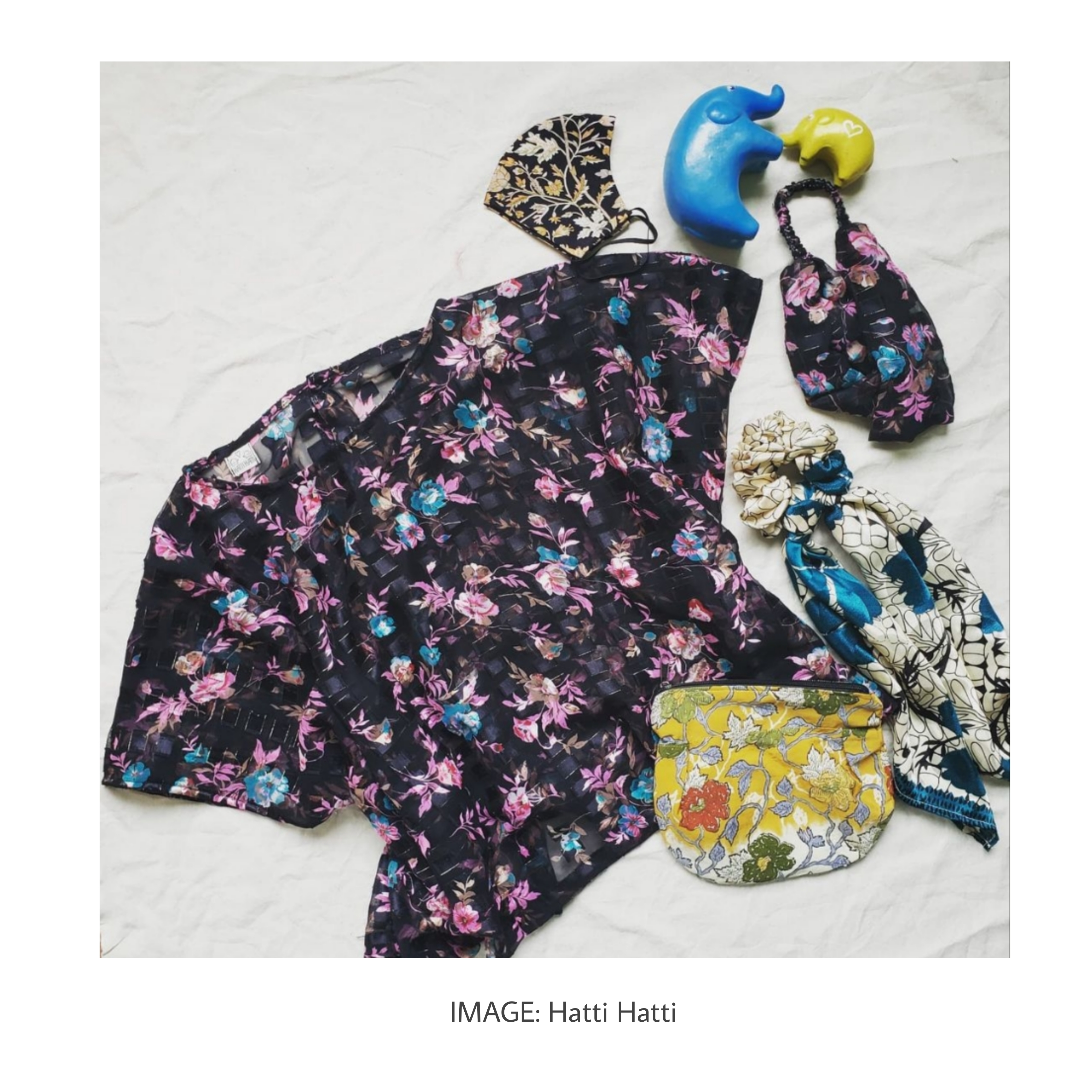When old clothes go out of style and dents appear on our wooden table tops, we treat them recklessly - dumping them as trash and replacing it with newer, more stylish pieces. We purchase modern and refined products at the expense of creating material waste out of the older ones. The tonnes of waste we generate are dumped elsewhere - trampling over whole ecosystems, and risking the condition of our planet and the life that exists in it. We are now at one of the most essential crossroads in time where we must make a choice: to continue down the same path that advances closer to danger or to pursue a path that moves away from it?
According to the BBC, annually, we generate 2 billion tonnes of waste worldwide - enough to fill over 800,000 Olympic sized swimming pools. The area of 800,000 Olympic pools is easily greater than the total area of Nepal. This means that even if we dump all that waste across our lush hills, scatter it over bare fields and fill the mountains to the brim with it, there will still be waste leftover - and we will still need more landfills to dispose of the waste. Perhaps, what is more frightening is that this is already becoming a stark reality.
Each time we cross the Bagmati Bridge, we hurriedly shut our car windows and pinch up our noses to block the stench from the overflowing river of waste. While much of this waste can be decomposed, recycled or reused, the fact remains that much of it is not! Instead, they end up in landfills. We must realize that these landfills are the result of our collective choices - what we choose to dump in a single trash can: from pizza boxes and cloth rags to plastic bottles and kitchen waste. Subsequently, the size of these landfills are also the result of our choices - to not send pizza boxes to recycling plants or to not reuse cloth rags at home, to not reduce the use of plastic or to not decompose what we can of kitchen waste. While acknowledging that recycling does require labor, resources and capital, we must nevertheless keep in mind that ways do still exist through which we can better manage waste on our own. One of these ways is upcycling.
Upcycling has gained much attention over recent years and for good reason too. It embraces the principle - from trash to treasure. Whether it be reusing bottles as planters or turning old wooden cabinets into new chairs, upcycling is the process of taking damaged goods to reconstruct its utilitarian or artistic purpose. Eventually, this reduces the total amount of waste that ends up in landfills.
Organizations like Dhaasoo, Hatti Hatti and Upcycle Nepal-Revive have adopted sustainable practices simply by upcycling old items that would have otherwise been discarded as trash. Dhaasoo upcycles wood, glass, metal and auto parts by turning them into furniture and decor pieces.
Hatti Hatti and Upcycle Nepal-Revive turn old clothes like sarees and jeans into kimonos, bow ties, tote bags, pouches and an endless array of other cloth items. Upcycle Nepal-Revive alone has recycled and upcycled 15,000 cloth items so far saving an estimated 11,400,000 liters of water - simply by reusing fabric. Such upcycling projects that repurpose existing resources ensure a sustainable future as well as the wellbeing of the present.
Whether we upcycle our waste ourselves or handover such items to upcycling organizations, our individual efforts can ensure that before we dispose of something as ‘waste’, we reconsider its value to prolong its life. Waste disposal and management systems are often inefficient and tiring with no guarantee that our waste will not end up adding to the 2 billion tonnes of waste generated annually. Upcycling empowers us to make independent choices that determine what happens to our waste: and whether the waste ends up in landfills or as artistic installations is wholly dependent upon us.
If landfills are the result of our collective choices, a world free of landfills can also be the result of our collective choices. According to The World Bank, global waste is expected to grow to 3.4 billion tonnes by 2050. Hence, it is crucial that we make choices carefully and quickly. They say, all journeys begin with a single step; change begins with a single choice too.
What is your opinion on upcycling, landfills and the current waste crisis in Nepal? Join us at Tav the Community to discuss this article and/or all topics related to sustainability and the environment.